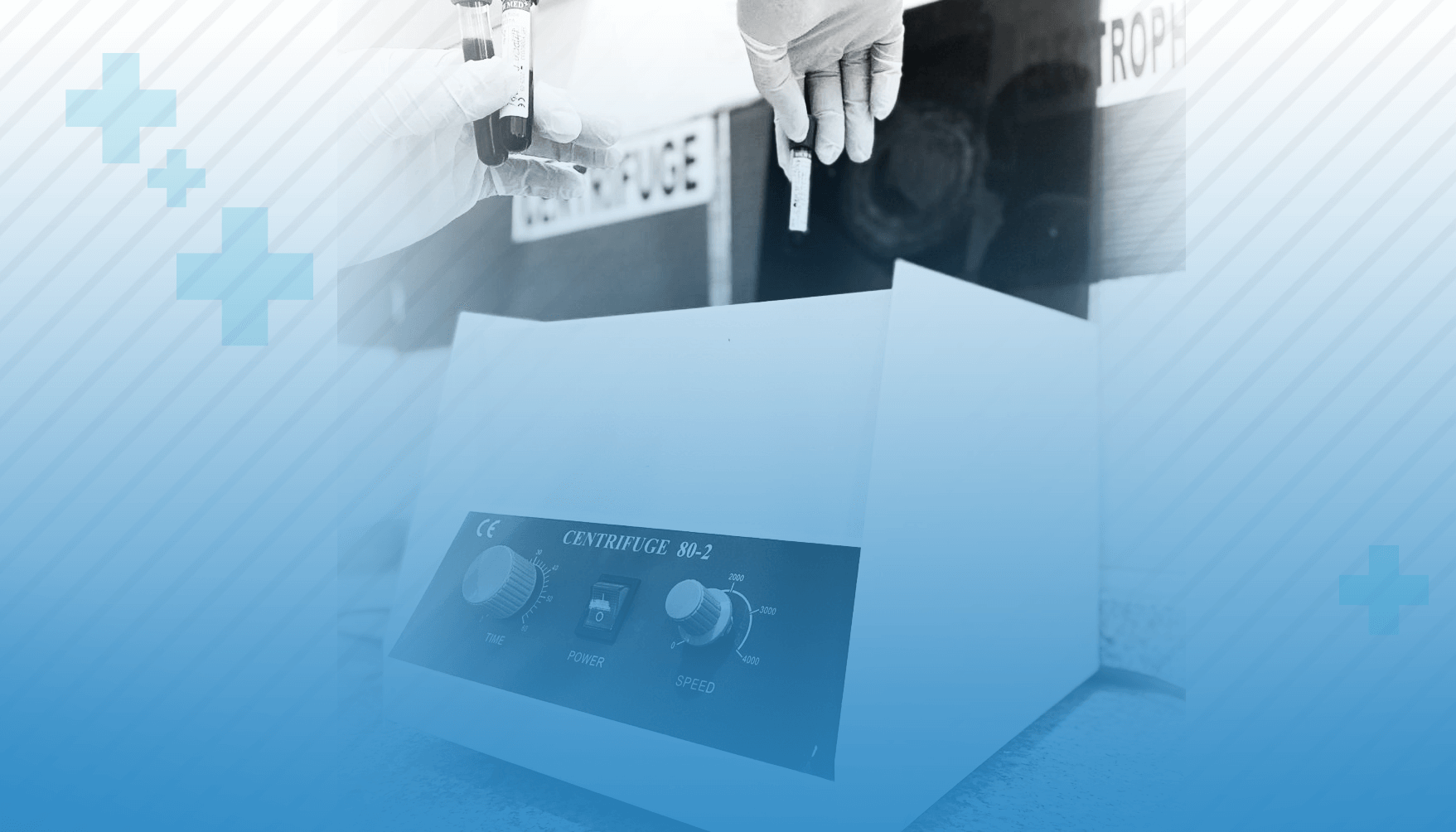Clinical-Chemistry
What is Clinical-Chemistry?
Clinical Chemistry also known as chemical pathology or clinical biochemistry, is a branch of laboratory medicine that deals with the measurement of chemical substances in bodily fluids such as blood, urine, and other tissues.
The primary goal of clinical chemistry is to provide information that can assist in the diagnosis, treatment, and management of various diseases and conditions.
Clinical chemists use a variety of analytical techniques and instruments, such as spectrophotometry, chromatography, and immunoassays, to determine the levels of different substances in bodily fluids. These substances can include hormones, enzymes, proteins, glucose, and electrolytes, among others. The results of clinical chemistry tests are used by physicians and other healthcare providers to diagnose and monitor conditions such as diabetes, liver and kidney disease, and certain infections.
There are several types of Clinical Chemistry tests, including:
-
Biochemical Markers: Biochemical markers are substances in the blood that indicate the presence of a specific disease or condition. For example, high levels of glucose in the blood can indicate diabetes, while elevated levels of creatinine indicate kidney disease.
-
Electrolyte Tests: Electrolyte tests measure the levels of ions such as sodium, potassium, and calcium in the blood, which are important for proper bodily function.
-
Liver Function Tests: Liver function tests measure the levels of enzymes and other substances in the blood that are produced by the liver, which can indicate liver damage or dysfunction.
-
Renal Function Tests: Renal function tests measure the levels of substances such as creatinine and urea in the blood, which indicate the functioning of the kidneys.
-
Lipid Profile: Lipid profile measures the levels of cholesterol and other lipids in the blood, which can indicate the risk of heart disease and other conditions.
-
Hormone Tests: Hormone tests measure the levels of hormones such as testosterone, estrogen, and thyroid hormones in the blood, which are important for proper bodily function.

Medicaid Radio-diagnostics is the leading provider of Clinical-Chemistry services across Nigeria. We offer the analysis of biological fluids such as blood, urine, and other body fluids to diagnose, monitor and treat various medical conditions. It plays a crucial role in the diagnosis and management of many diseases and helps healthcare providers in making informed decisions about patient care.

